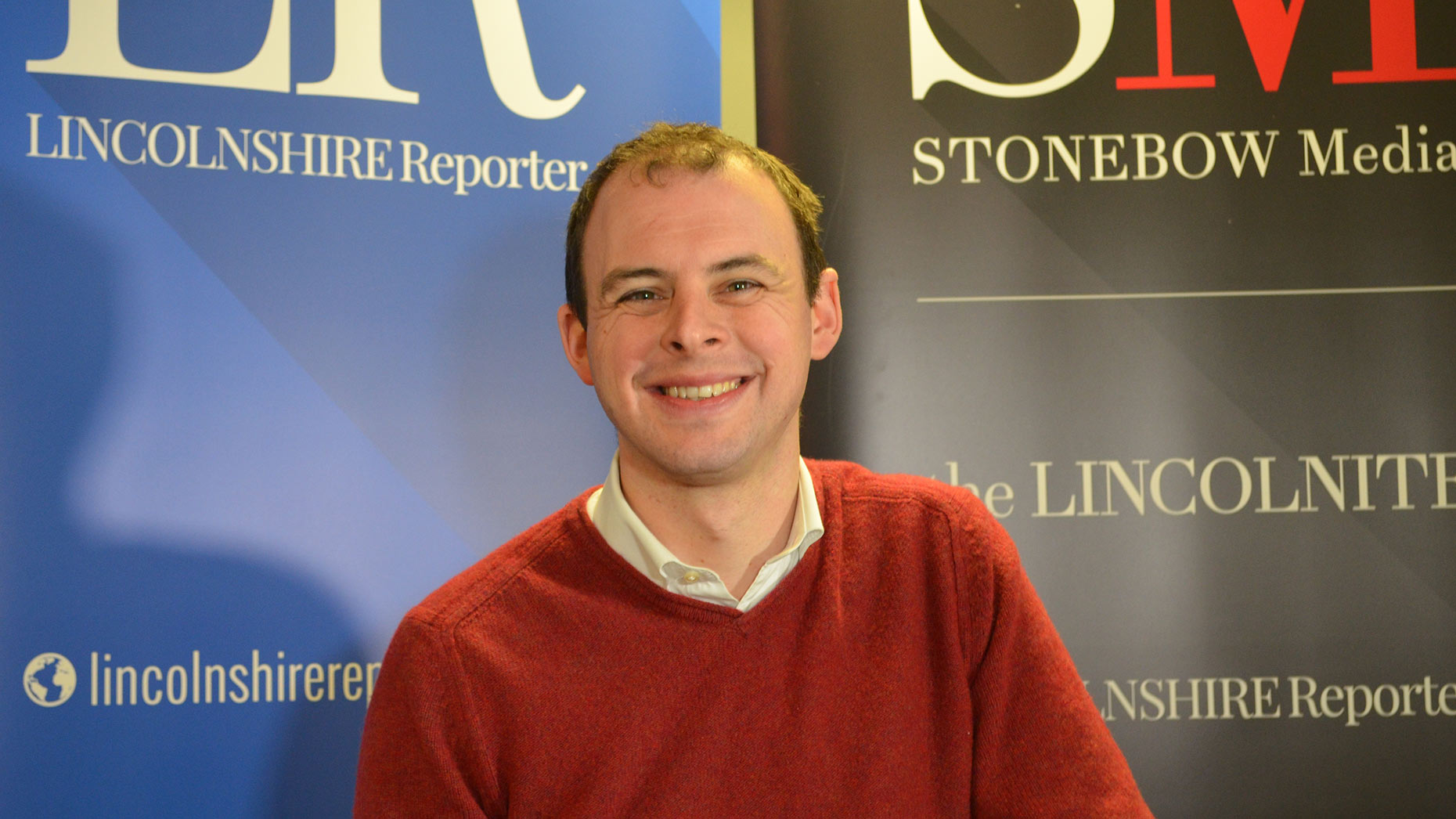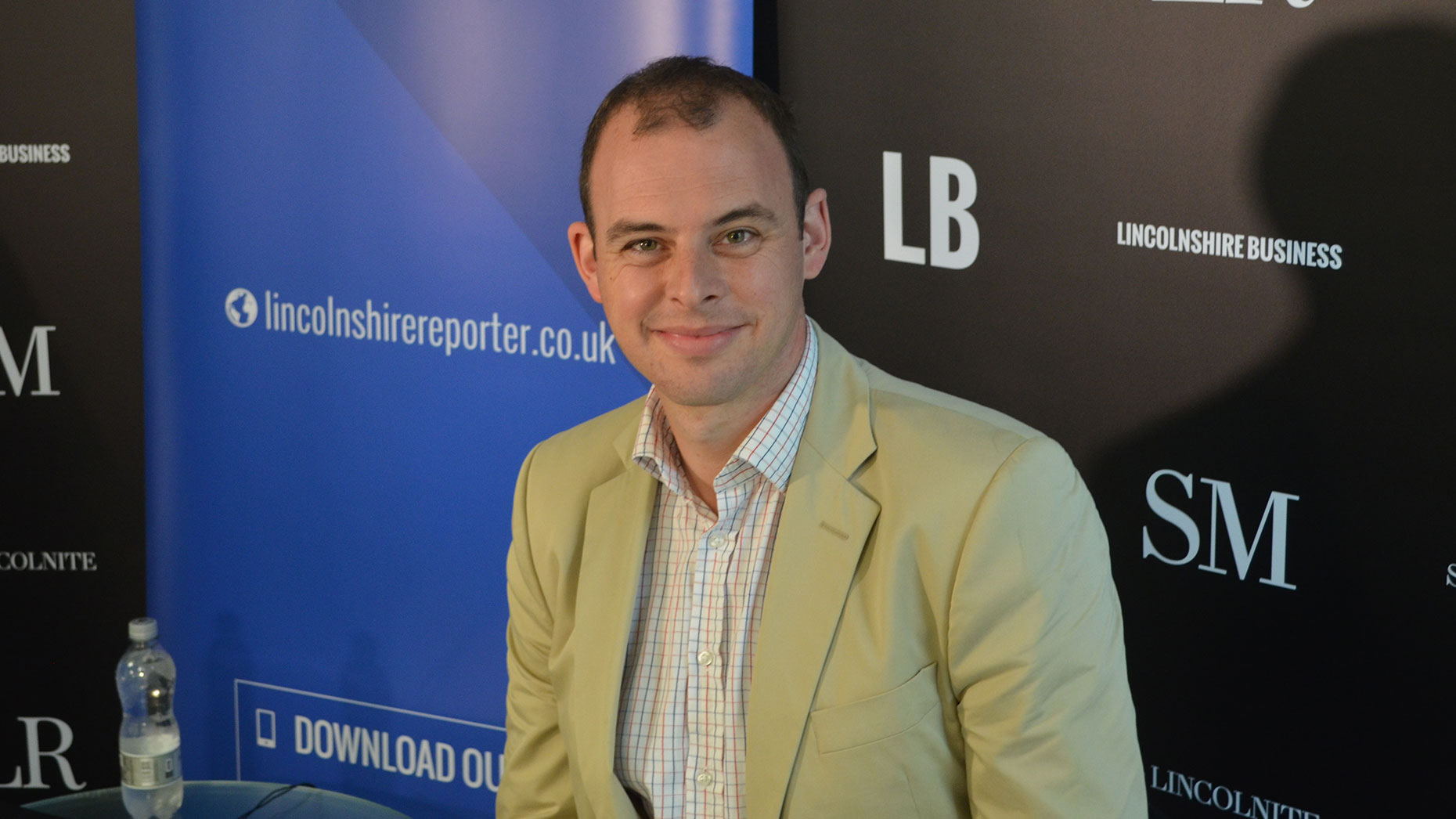Having watched Love Actually, I had hoped that at my daughter’s first nativity she might get to be an octopus. No such luck – in preparation for a momentous visit to a church hall in Boston for the wonder that is Teddy’s Tunes Christmas Show, grandma wrestled a sewing machine into submission to construct a sheep outfit like no other. It really was quite a sight to behold, and admittedly more fitting in most nativities.
So it was that I found myself, with the 17-month-old toddler, helping to narrate a show that mixed the traditional with plenty of modern music, via an iPod.
Some adults played key parts – boo to King Herod – but it was mostly, of course, about the children.
Seeing a doll, my daughter went straight for it, and little matter it was the baby Jesus. Quite how a temper tantrum was avoided only her mother knows.
That disaster averted, a fantastic time was had by all, and not least thanks to the pots of jelly provided afterwards. It was gloriously informal.
What, though, does this Saturday afternoon out have to do with politics? On one level, not a lot. Like shopping in the market at the weekend or going out for dinner in a local pub, it wasn’t something I was doing ‘officially’. Nobody is elected to go to a nativity.
Being a Member of Parliament in a government with a wafer-thin majority, however, is one of those jobs that inevitably does risk getting in the way of attending these crucial milestones in a child’s life.
Plenty of the hours we’ve spent discussing the EU Withdrawal Bill have been when others are out at their Christmas parties – but MPs are better at their jobs if they can get out into the real world.
The constant cry that we’re all out of touch is usually disproved by listening to what is said in Parliament, where it turns out there’s far more common sense than the internet would have you believe – but that staying in touch comes from genuinely having our feet on the ground in our constituencies.
At the nativity, were people clustered around tables talking about Brexit, foreign policy or Donald Trump? No. But did they care passionately about their children’s schools and the world in which they will come to grow up? Of course.
So even in these ‘off-duty’ moments, it’s a politician’s job sometimes to discern those issues, to gauge the mood and occasionally to set the record straight too.
But above all of that, it’s not to be some sort of visitor from another species – constituents surely deserve to be represented by someone who is, to some degree, like them.
And that’s maintained by living the same sort of life – using the same NHS, driving the same roads and going to the same nativities.
And also by coaxing the same almost tantruming sort of toddler into understanding that, no, she can’t take the baby Jesus home with her.







